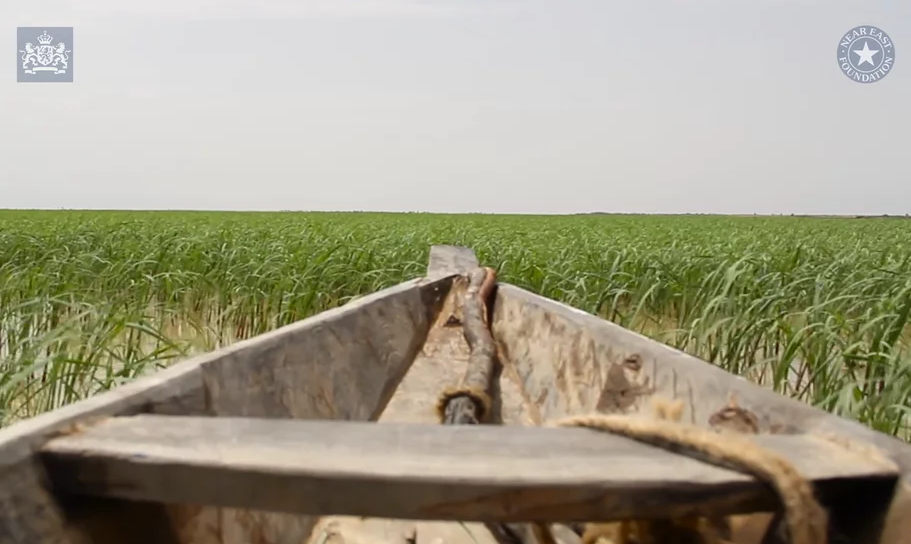Context
The implementation of the Algiers peace agreement (signed in May 2015) produced mixed results in 2016. The security situation in Northern Mali remained volatile and progress in the establishment of transitional local authorities, for example, was cumbersome and slow. This hampered the resumption of the provision of basic social services in the north, such as health, education and water services. In 2016, terrorism and banditry in the centre of the country led to increasing insecurity and instability, causing a gradual retreat of the state and its public services. The government began to formulate a comprehensive response for implementation from mid-2017 onwards. There is still a profound lack of interaction between the state and its citizens. In 2016, the Malian economy grew by 5.8% but rapid population growth (2.7%) and climate change are limiting the availability of natural resources and employment opportunities for youths, increasing social tensions. Furthermore, Mali remains a very important transit country for irregular West-African migrants to Maghreb and Europe (Malian migrants constitute about 20%). The embassy programmes are of direct relevance for mitigating migration pressure, since they improve governance, socio-economic conditions and resilience, which are also relevant for preventing radicalisation.





